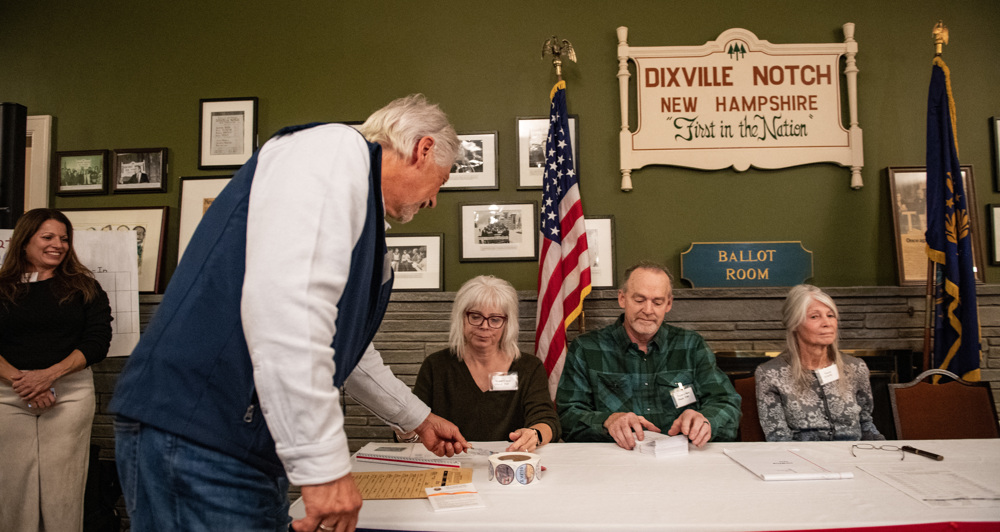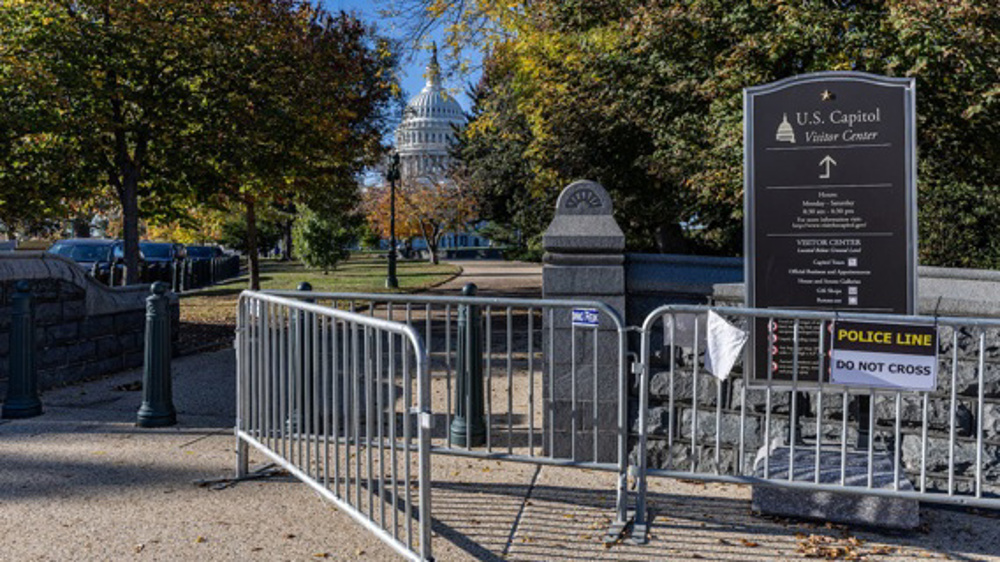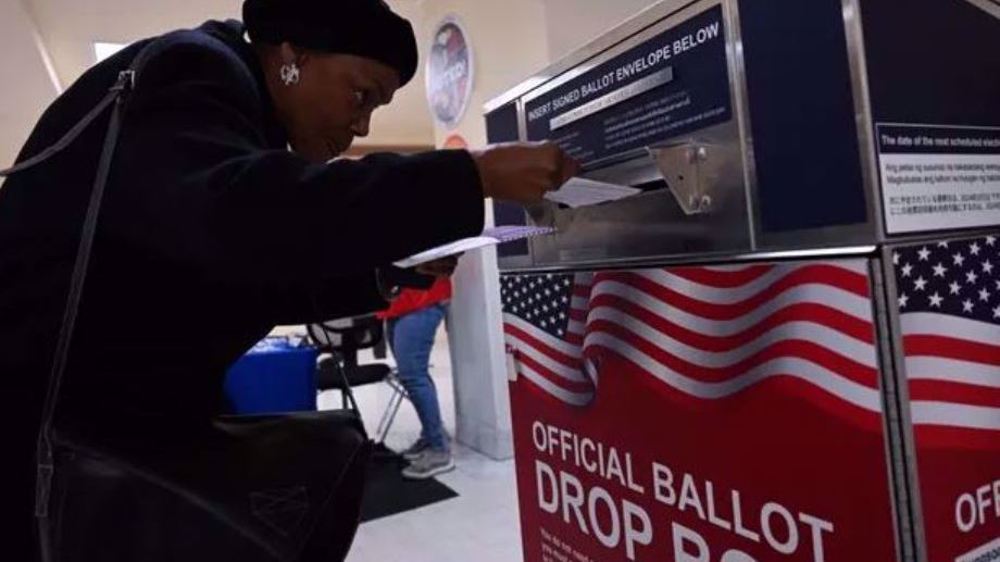GOP senator urges Obama to delay UN vote on Iran until Congress review
A top US senator has called on President Barack Obama to delay a UN Security Council vote on the conclusion of talks over Iran’s nuclear energy program.
The United Nations Security Council is scheduled to vote on Monday morning on a resolution endorsing the nuclear agreement reached between Iran and the P5+1 group of countries on Tuesday in Vienna.
Bob Corker, the chairman of the Senate Foreign Relations Committee, on Thursday wrote a letter to President Barack Obama saying, "We urge you to postpone the vote at the United Nations until after Congress considers this agreement."
The idea was rejected by US Under Secretary for Political Affairs Wendy Sherman, saying the vote cannot be delayed because of a request from the US Congress.

"It would have been a little difficult when all of the (countries negotiating with Iran) wanted to go to the United Nations to get an endorsement of this, since it is a product of the United Nations process, for us to say, 'Well, excuse me, the world, you should wait for the United States Congress,'" she told reporters.
“So what we worked out is a process that allows this time and space for the congressional review before it takes effect, and there may be other legislatures who also want to look at this,” Sherman said.
After 18 days of talks in the Austrian capital of Vienna on July 14, Iran and the P5+1 – the United States, Britain, France, China, Russia and Germany – announced that they agreed on a text of the Joint Comprehensive Plan of Action (JCPOA), which will put limits on Iran’s nuclear program in exchange for the removal of sanctions against the Islamic Republic.
On Wednesday, the 159-page JCPOA document was presented to the Republican-controlled Congress, which now has up to 60 days to review the text and vote to either approve or disapprove of it.
A day earlier, President Barack Obama said that he would veto any legislation from lawmakers that "prevents the successful implementation of the deal."

Most Republicans oppose the nuclear agreement with Iran, but they need a two-thirds vote in both chambers of Congress to override a possible presidential veto, and to reach that threshold, Republicans need Democratic support.
According to the JCPOA text, Iran will be recognized by the United Nations as a nuclear power and will continue its uranium enrichment program.
Russian Ambassador to the UN Vitaly Churkin said on Wednesday the draft resolution presented to the Security Council is “one of the most complicated, imaginative and interesting draft resolutions the Security Council has ever considered."
He added that the 10 elected Security Council members, who were not part of the nuclear negotiations in Vienna, will be given proper time to review and understand the text.
Hamas open to any proposal aiming to end Gaza war: Hamdan
Role of private sector in Iran’s thriving space industry
Four Palestinians killed in Israeli strikes on West Bank
Iran warns of ‘calculated, precise’ response to Israeli aggression
After year-long genocide, Israeli military hires private firms to flatten buildings in Gaza
Malaysia working on resolution to expel Israel from United Nations
Israeli military made no territorial gain in Lebanon: Report
VIDEO | 70 Palestinians killed in Israeli strikes across Gaza Strip










 This makes it easy to access the Press TV website
This makes it easy to access the Press TV website